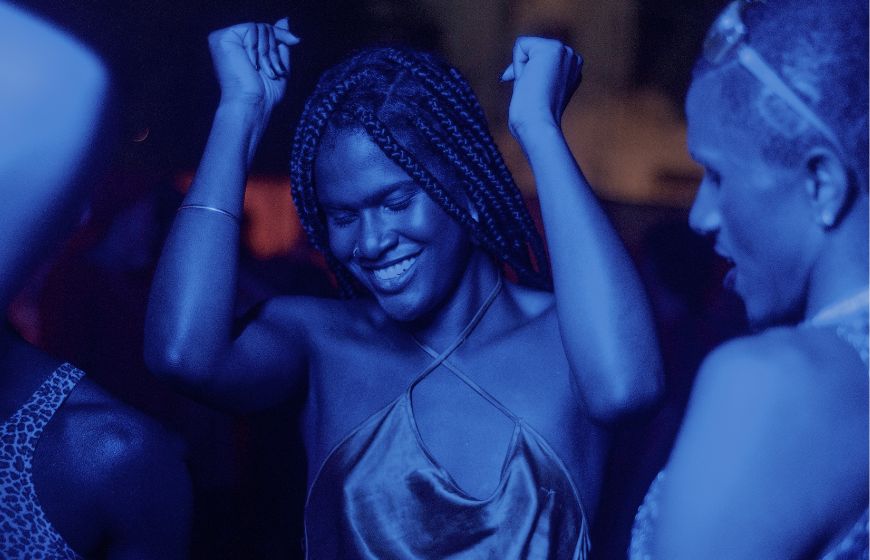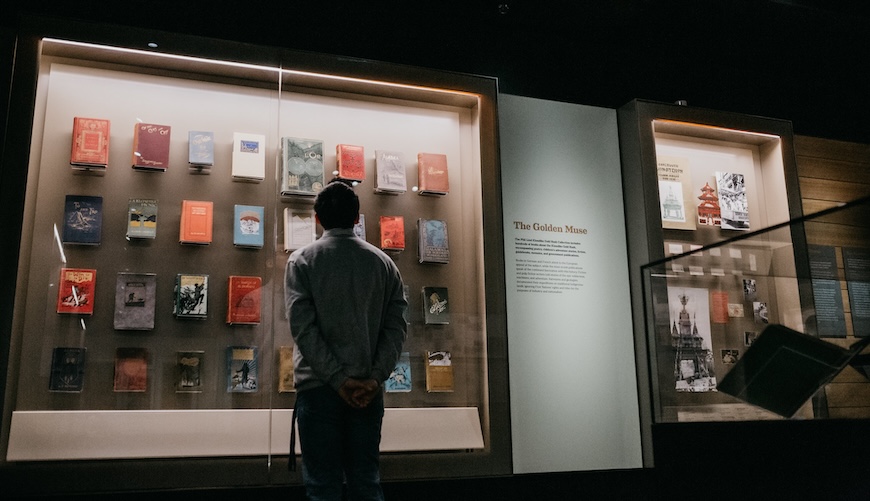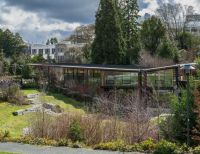Radically inclusive new nightlife scenes emerge from ashes of closed gay bars
Q&As
LGBTQ+ bars have undergone a startling decline globally over the past 20 years. More than half of London’s LGBTQ+ venues closed between 2006 and 2016, and the in the U.S. an average of 15 gay bars closed every year from 2008 to 2021.
“Save your tears, because queer nightlife is alive and well,” writes the New York Times in its review of UBC sociologist Dr. Amin Ghaziani’s new book, Long Live Queer Nightlife: How the Closing of Gay Bars Sparked a Revolution. “In fact, it’s even better than ever, having evolved into a more progressive, sophisticated form.”
We spoke with Dr. Ghaziani (he/him) about a burgeoning underground scene of radically inclusive parties called “club nights” that are filling the vacuum and defying traditional nightlife norms.
What inspired you to explore the transformation of queer nightlife?
I was on sabbatical in London in 2018 with no particular research plan in mind. My journey into the heart of the capital’s nightlife scene arose from a pub conversation that turned into an invitation to a unique party. I was told it would be perfect for a queer South Asian person like myself.
This led me to Hungama—a club night that blended Bollywood beats with queer cultures. It was electrifying, and felt like another world, far away from the gloomy predictions about the demise of queer nightlife that dominate mainstream public discussions.
I discovered that queer nightlife isn’t fading away, it’s transforming into a dynamic, event-driven landscape of episodic parties, many of which are being organized by people who for too long have felt left out of gay bars.
What drives the appeal and success of these popup events?
When I spoke with people about club nights, they used exuberant words like euphoria, ecstasy, freedom, sanctuary, romance and utopia. Their sense of joy was unmistakable.
A lot of researchers focus on the challenges faced by marginalized groups. It’s no wonder that themes of suffering and social problems, bigotry and bias, and discrimination are so prevalent. My research motivated me to prioritize joy—its capacity to sustain and invigorate us amidst the very real challenges of bar closures in capitalist cities. Joy is a vital, collective experience that binds us. It is life-enhancing and deeply political.
How do these new spaces manage to address and celebrate diversity more effectively than traditional gay bars?
Many organizers see their work as part of an effort to celebrate the creativity of individuals who identify as queer, trans, Black, Indigenous, or as people of colour—QTBIPOC for short. These groups are reclaiming and redefining nightlife to focus on radical inclusivity and an intersectional queerness. They are redefining what nightlife looks like.
Research shows that 80 per cent of Black, 79 per cent of Asian, and 75 per cent of South Asian individuals have encountered racial bias from within LGBTQ+ spaces. Club nights are a kind of sanctuary within a sanctuary, offering a more deliberately inclusive and intersectional environment compared to their predecessors.
How is this trend playing out in smaller cities than London?
Club nights are part of a broader, global movement. Toronto has its biannual Jerk party, which celebrates Caribbean influences in club culture. Vancouver has Ricecake, which provides a platform for the beautiful range of queer Asian representations and identities. These events are crucial in providing spaces for those who have traditionally felt excluded from gay bars—especially QTBIPOC groups. We see similar developments in New York, L.A., Miami, and many other cities. The revolution through evolution that club nights represent speaks truth to the fact that queer people are now, and will always be, resilient.















